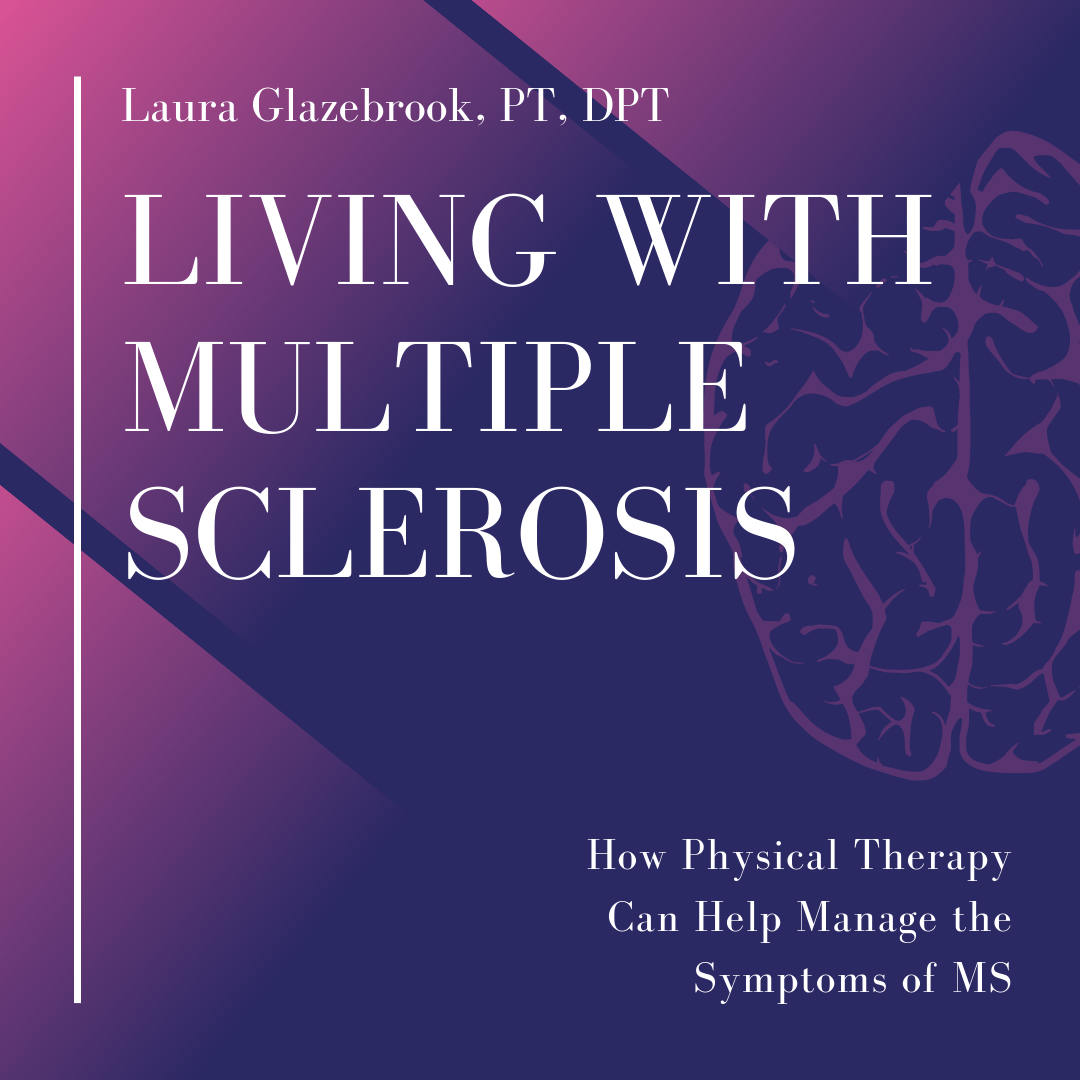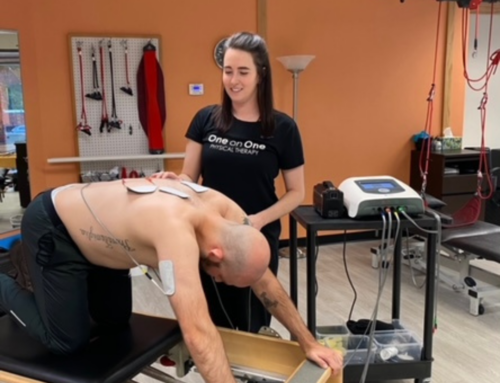Let’s Talk Multiple Sclerosis

What is Multiple Sclerosis?
Multiple Sclerosis, or MS, is a type of auto-immune disease in which the body attacks the nerves that make up the central nervous system (CNS), typically affecting the brain and spinal cord. Over 2 million people worldwide are affected by MS, and data from the National MS Society suggests over 1 million adults over 18 in the United States are living with the disease. The disease process includes damaging myelin, which is the protective substance that surrounds our nerve fibers. Once damaged, that myelin is replaced with scar tissue. This changes the ability of messages to pass from our brain or spinal cord to the rest of our bodies. While MS may present differently in each person, there are four main types of MS that occur.
Symptoms:
- Fatigue
- Pain
- Muscle weakness
- Spasticity, or change in muscle tone
- Heat intolerance
- Bowel and bladder issues
- Sexual function changes
- Dizziness
- Increased falls
- Numbness or tingling
- Difficulty walking
No two people with MS have the same presentation of symptoms, but the effects of MS can be devastating. A person with MS may have to walk with an assistive device such as a cane or walker, may need bracing on their legs, or may need to arrange activities in their day to conserve their energy.
In some forms of the disease, there are periods of remission, when symptoms subside, and periods of relapse, where for others, the symptoms get progressively worse. Although currently there is no cure for MS, there are multiple treatment medications available, as well as alternative therapies including dietary changes, which can decrease symptoms and improve one’s quality of life.
How Physical Therapy Can Help
A Neurological Physical Therapist (PT) has many tools and treatment interventions to help manage the symptoms of MS. A PT will perform a comprehensive evaluation, including a detailed history, to determine the effects of MS on daily life. Together, the PT and patient create an individualized treatment plan that may include:
- Energy conservation exercises
- Family training
- Compensatory strategies for cognitive symptoms, such as memory loss
- Balance and gait training
- Assessment for bracing
- Developing or accessing adaptive exercise programs
- Strategies for pain relief
Regardless of where someone is in the disease process, it is important to get intermittent evaluations by a PT to optimize function and update exercise programs, improve efficiency of walking and prevent the development of harmful movement patterns. Staying active can vastly improve one’s quality of life and level of function.
In the state of Georgia, you do not need a prescription from a physician to begin physical therapy. At the time of evaluation, if it is determined physical therapy is warranted, the PT can contact the doctor’s office with the plan of care and get a prescription for you.
If you, or someone you know, are coping with the effects of MS, contact One on One Physical Therapy to schedule a physical therapy evaluation.






